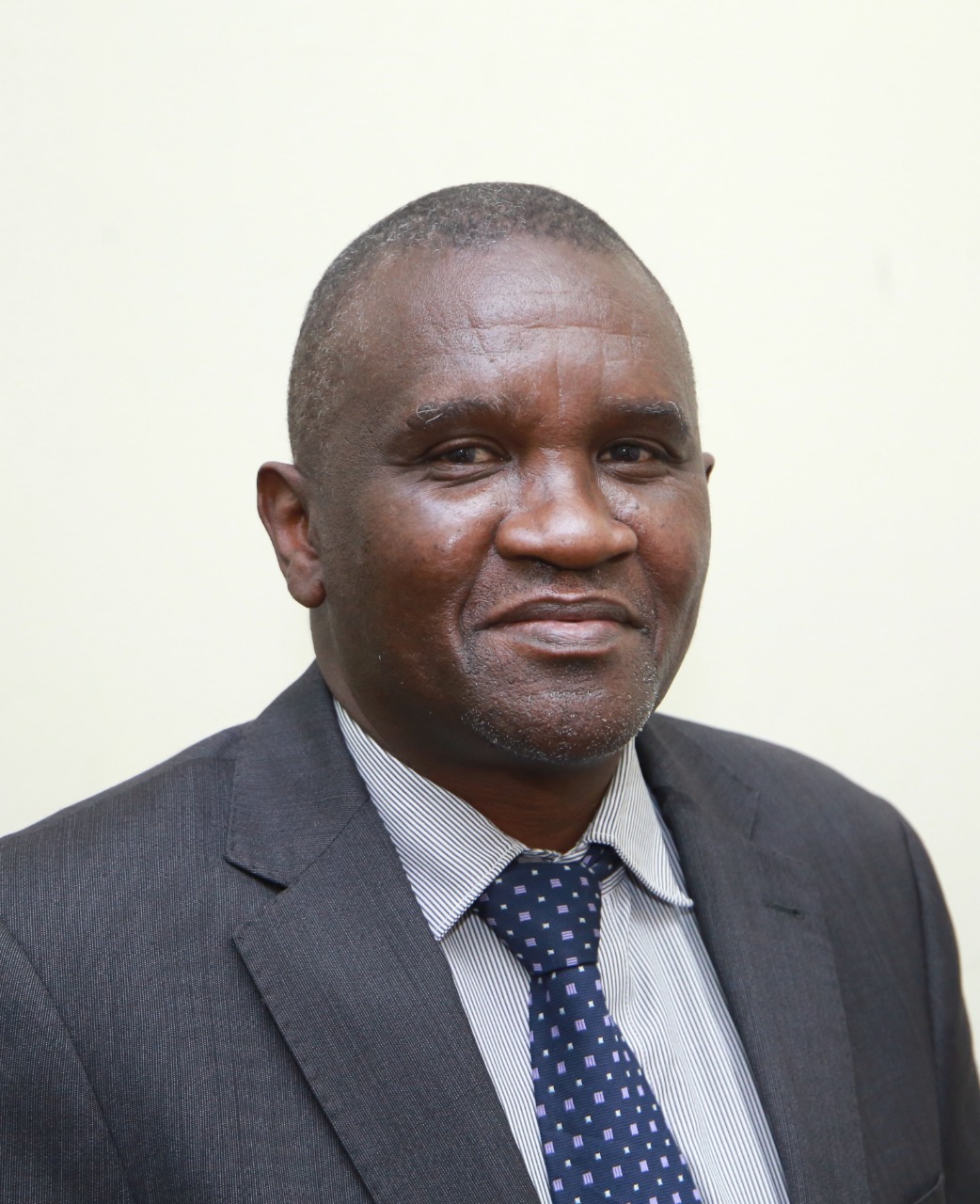DEPARTMENT OF LINGUISTICS
AND LITERARY STUDIES
Prof PETER MAINA MATU
ACADEMIC TEAM LEADER (ATL)
Department of Linguistics and Literary Studies
Welcome Note
The department of Linguistics and literary studies at TUK is a young ,inspiring and close-knit environment where students, post-docs and faculty teach, train ,learn , practice and research using traditional and innovative tools to explore current and lingering issues in philology, literature and linguistics . Additionally, the department is built on national and international linguistic and literary traditions. The department emphasizes the spirit of Ubuntu where the humanity of each person is honored so that individually and collaboratively, they can further the research and learning of philology, literature and linguistics.
BACKGROUND
Language is a conventional, symbolic system of human communication, whose primary form is spoken and whose secondary form is written. The Department offers courses that prepare the learner to engage in formal and functional scientific analysis of spoken and written language as well as courses that develop in-depth insights into the role of language as a valuable tool for human communication. Content includes theory and practice at all levels of language, namely, phonetics, phonology, morphology, syntax and semantics. It covers analysis of language units larger than the sentence through discourse analysis, how language is used in context, through pragmatics, and the relationship between language and society, through sociolinguistics.
The Department recognizes that language is often manifested in an artistic manner, worthy of analysis from a literary perspective. In the twin strand of literary studies, The Department therefore offers courses on literary theory, methodology and research, covering both spoken and written genres, analysis and interpretation of literary genres such as oral literature, poetry, drama, short stories and novels, literature from various parts of the world, contemporary literature and adaptations into TV and film, exploration into language and culture, and practical courses such as theatre arts and creative writing.
Linguistics is concerned with investigating the building blocks of language and the rules according to which these are shaped into meaningful constructs; the way meaning is conveyed as language; the different practices, categories and media of communication; the historical emergence of language, taking account of cultural, social and medial factors; the internal differentiation of language in dialects and other varieties; the interaction of language and social realities; and the cognitive bases of human language ability (language acquisition, language production, language reception). Literary studies, on the other hand are concerned with the literature of the respective language. They cover forms of literary text (drama, poetry, fiction) that may be understood as cultural products of an aesthetic exploration of key questions about human existence and the social conditionality of human action. The point of departure of literature studies is always the literary text, which is analyzed in relation to different concepts of significance and examined in terms of its form, message, and cultural and social situatedness.

Academic staff in the department
The Department offers courses that prepare the learner to engage in formal and functional scientific analysis of spoken and written language as well as courses that develop in-depth insights into the role of language as a valuable tool for human communication. As a key driver of technological change, linguistics has impacted on technology especially in areas such as search algorithms, speech recognition and speech synthesis, machine understanding of language or automatic translation, and the principles of linguistics are contributing significantly to modern technology. Likewise, linguistics is continually affected by new technologies, from ways of collecting and organizing field data to the tagging and analysis of large-scale corpora of text and speech.
Studies in the Department are aimed at providing language and literary skills that are necessary in the contemporary world. Drawing from the understanding that language is still the primary form of communication and that lack of proficiency in language is a huge barrier to accessing and utilizing knowledge, the Department offers a wide range of courses that prepare students in scientific and philosophical foundations in practical language use and application of language in literary context. In this way, the Department aims to form productive contacts and synergies and explore epistemological bases common to both linguistics and literary studies. Exploring the productive intersection between linguistics and literary science forms one of the school’s main focuses. This will be realized through a careful blend of theoretical and applied linguistic research; language specific research focusing on languages taught within the school such as English, French, German, Sign Language, African languages and the literatures and cultures of the speakers of these languages. There is also a strong emphasis on the role that these languages and literatures and the cultures they embody, have played and continue to play in human civilization.
Students in the Department of Linguistics and Literary Studies will therefore acquire greater awareness of and appreciation for other cultures; develop proficiency in a target language and a basic understanding of its linguistic structure; gain a deeper understanding of textual analysis and literary genres, styles, and periods; engage with current scholarship; and prepare themselves to participate in a global society. Further, in recognizing the role that technology plays in the teaching, preservation and practical use of languages in different contexts, this department offers courses in natural language processing (NLP) as well as in computational linguistics (CL), speech technology (recognition, analysis and understanding of spoken word) thereby exposing the learners to broad knowledge in both linguistics and computer science. The department also aims at producing a wide range of experts such as artificial intelligence engineers, computational linguist, language engineer, machine learning engineer, data scientist, researcher/research scientist, NLP Engineer/Scientist, and linguists.
Office Location - Block C, 2nd Floor Room C15
